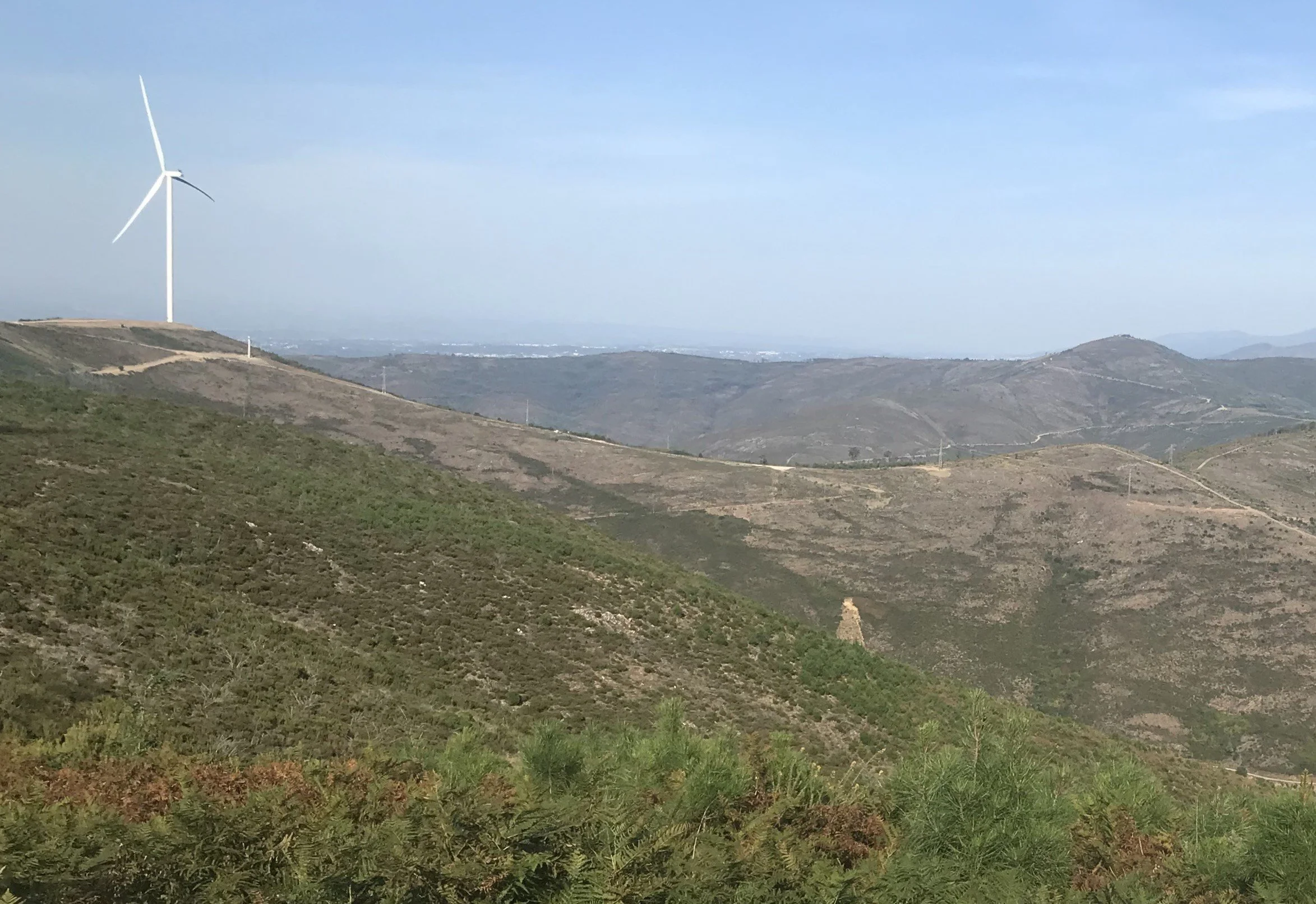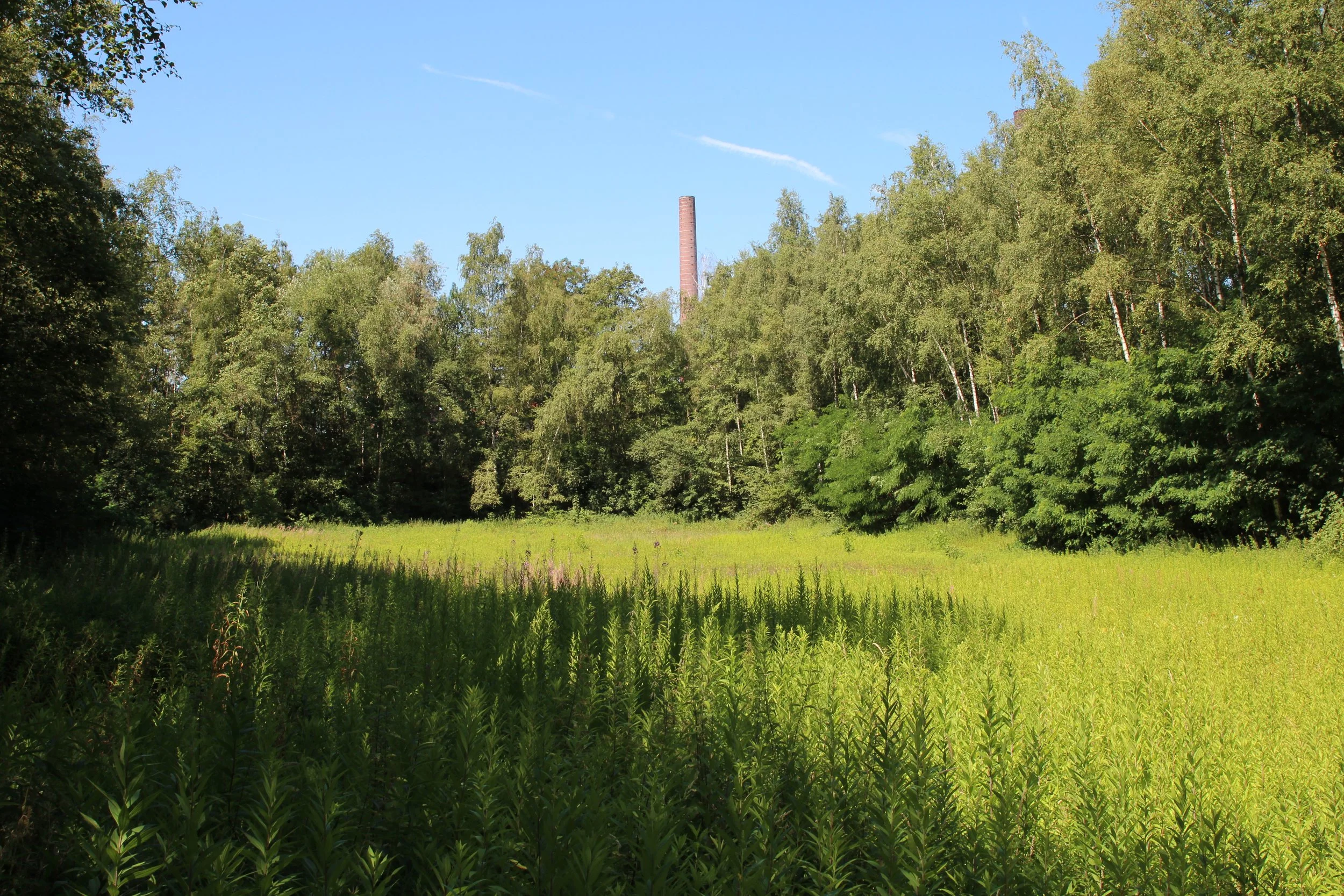
Gelderse Poort
The Gelderse Poort case study site is managed by Staatsbosbeheer, the Dutch government organization in charge of management and conservation of forests and nature reserves in the Netherlands. Research at this site is coordinated by researchers at the Netherlands Institute of Ecology NIOO-KNAW.
Gelderse Poort is the one pioneering paradigmatic site where Dutch river floodplain rewilding started in the 1990’s. It is a peri-urban network of rewilded areas (~3,000 hectares) located at the beginning of the Dutch Rijn River delta, in the heart of the Green Metropolitan region of Arnhem Nijmegen (circa 750.000 habitants). Rewilding at Gelderse Poort was a source of inspiration for the national policy “room for the river”, where many kilometers of floodplains have been returned to nature and to the river. Trophic rewilding with Konik horses and Galloway cattle has been imposed from the 1990’s alongside abiotic rewilding of flooding regimes and riverbank dynamics to restore key natural processes.
The research conducted by wildE researchers will allow Staatsbosbeheer and other stakeholders to understand how 30 years of rewilding management affects biodiversity, and helps to mitigate and adapt to climate change (e.g. by preventing flooding and buffering water retention), while creating wildlife recreational areas close to a major city. Social and economic research on the costs and benefits, and the narratives and conflicts linked to the rewilding strategy applied at this site will help to optimize future rewilding strategies.
The insights gained from wildE research at this site have the potential to inspire multifunctional rewilding strategies in densely populated areas and facilitate the upscaling of the Gelderse Poort rewilding model to the wider national level. Building on this site, WildE will bring to light the long-standing rewilding expertise developed in the Netherlands during the last decades
Challenges
Increasing episodes of flooding and high-water levels (e.g. summer flooding in 2021) and extended droughts periods (2020- 2023) in the region are becoming more frequent with climate change. Such episodes would test the ability of Gelderse Poort, and of other riverine floodplain rewilding landscapes, to maintain its role as a stronghold for biodiversity and to keep providing other key ecosystem services, including recreation and buffering water-level flutuations.
The need for less aggressive farming practices to protect biodiversity in the site, and management of potential conflict between water storage/buffering and forest succession are also challenges for Gelderse Poort.
Research
Led by a team from the Netherlands Institute of Ecology NIOO-KNAW, wildE research on Gelderse Port involves a large number of wildE partners, and expands across three main axes:
1. Ecological research: the team will investigate impact of rewilding on biodiversity (e.g. vertebrates, invertebrates, plants), climate change mitigation (above and belowground carbon and biomass stocks) and adaptation (inc. resilience of biodiversity, primary productivity, carbon & biomass stocks, and water buffering capacity against flooding and drought episodes). To achieve these goals, the team will compile and analyze existing databases, use remote sensing tools and conduct ecological fieldwork.
2. Economic research: the team will evaluate the costs and benefits derived from rewilding interventions on the site through detailed surveys, questionnaires and widespread choice experiments involving various stakeholders;
3. Sociological research: the team will identify the different values, attitudes, and sensibilities towards rewilding interventions on the site, considering cultural, historical, and social perspectives. This research will build on interviews, workshops and group activities involving a broad range of stakeholders.
Meet the Team
-

Nacho Villar
Nacho is an ecologist at the Netherlands Institute of Ecology (NIOO-KNAW) with strong background on fundamental and applied ecology. He co-leads task 2.4 with Liesbeth Bakker, coordinating and facilitating research on WP2 Rewilding Practice, gathering standardized information across case studies and making sure things go smoothly. He also oversees research and stakeholder engagement at the (Dutch) case study Gelderse Poort, and is contributing towards a number of other research outputs, including comparative work across case studies, identifying rewilding archetypes and synthesis work on WP5.
-

Liesbeth Bakker
Project lead for WP2 on Rewilding Practice. She is senior researcher at the Netherlands Institute of Ecology (NIOO-KNAW) and professor in rewilding Ecology at Wageningen University & Research. She works on rewilding and ecosystem restoration under global change in freshwater and marine wetlands, grasslands and forest landscapes.
Case studies
-

Coillte
Managed by Coillte, an Irish state-owned commercial forestry business.
-
Antarr
Managed by Sustainable Productive Forests company Antarr
-
Ruhrgebiet
Managed by German government institutions and organisations Rheinelbe, Zeche Zollverein, Landschaftspark Duisburg-Nord, Naturerfahrungsraum Peisberg and Gleispark Frintrop.
-

Sabor
Managed by CIBIO, the Portuguese Research Centre in Biodiversity and Genetic Resources.
-

Sveaskog
Managed by Sveaskog, a Swedish, state-owned forest owner.
-

Tatras
Managed by the Slovakian National Park of High Tatras (TANAP).
-

Barcelona Metropolitan Region
Managed by CREAF Ecological and Forestry Applications Research Centre.





